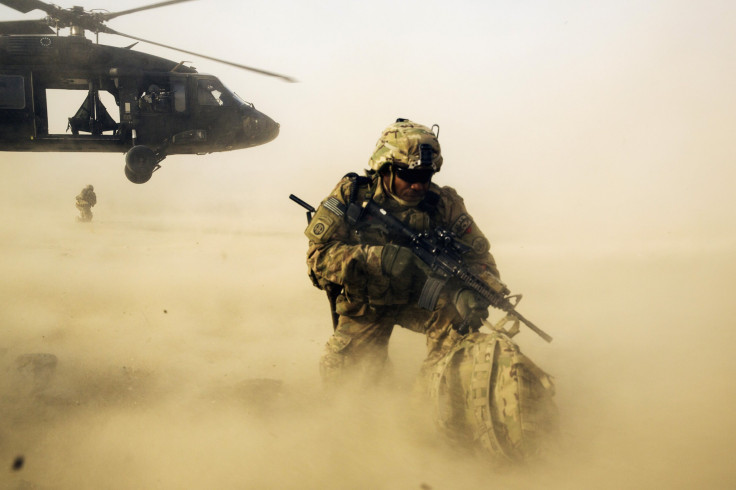White House To Request $534B Base Defense Budget To Boost Spending In 2016

The White House will seek to boost America’s defense spending in 2016 when it sends a $534 billion base defense budget request to Congress next week, according to media reports. The plan will also seek nearly $51 billion for Overseas Contingency Operations (OCO) to fund U.S. operations in Afghanistan as well as the offensive against the Islamic State group in Iraq and Syria.
According to a report by Defense One, the $534 billion base budget, if approved by Congress, would be the country’s largest base budget in its history. The proposal includes a request for $42.5 billion to fund U.S. operations in Afghanistan next year, including providing assistance to the Afghan army. This is less than the $53.4 billion appropriated by the Pentagon for the fiscal year 2015, as the number of U.S. troops in the country is expected to decline in the coming years.
The base budget proposal also allocates $107.7 billion for weapons procurement and nearly $70 billion for research, Bloomberg reported, citing people familiar with the matter.
The proposed budget for the fiscal year, beginning Oct. 1, would exceed a $499 billion spending cap on the base budget by $35 billion.
Under the Budget Control Act of 2011, defense spending that exceeds federal caps could trigger wide-ranging budget cuts known as sequestration -- automatic spending cuts projected to amount to a total of over $1 trillion, evenly divided between 2013 and 2021.
Several top military officials have reportedly criticized sequestration and said that it could hurt America’s national interests overseas. Earlier on Monday, Chairman of the Joint Chiefs of Staff Martin Dempsey had termed the policy of sequestration as “absolutely crazy.”
“The combination of the Budget Control Act and the sequestration mechanism will make it impossible for us to meet our global responsibilities,” Dempsey said, in a statement released Monday. “If they're not reversed, they're going to be imposed in 2016, and they will negatively affect our national security interests.”
© Copyright IBTimes 2024. All rights reserved.





















